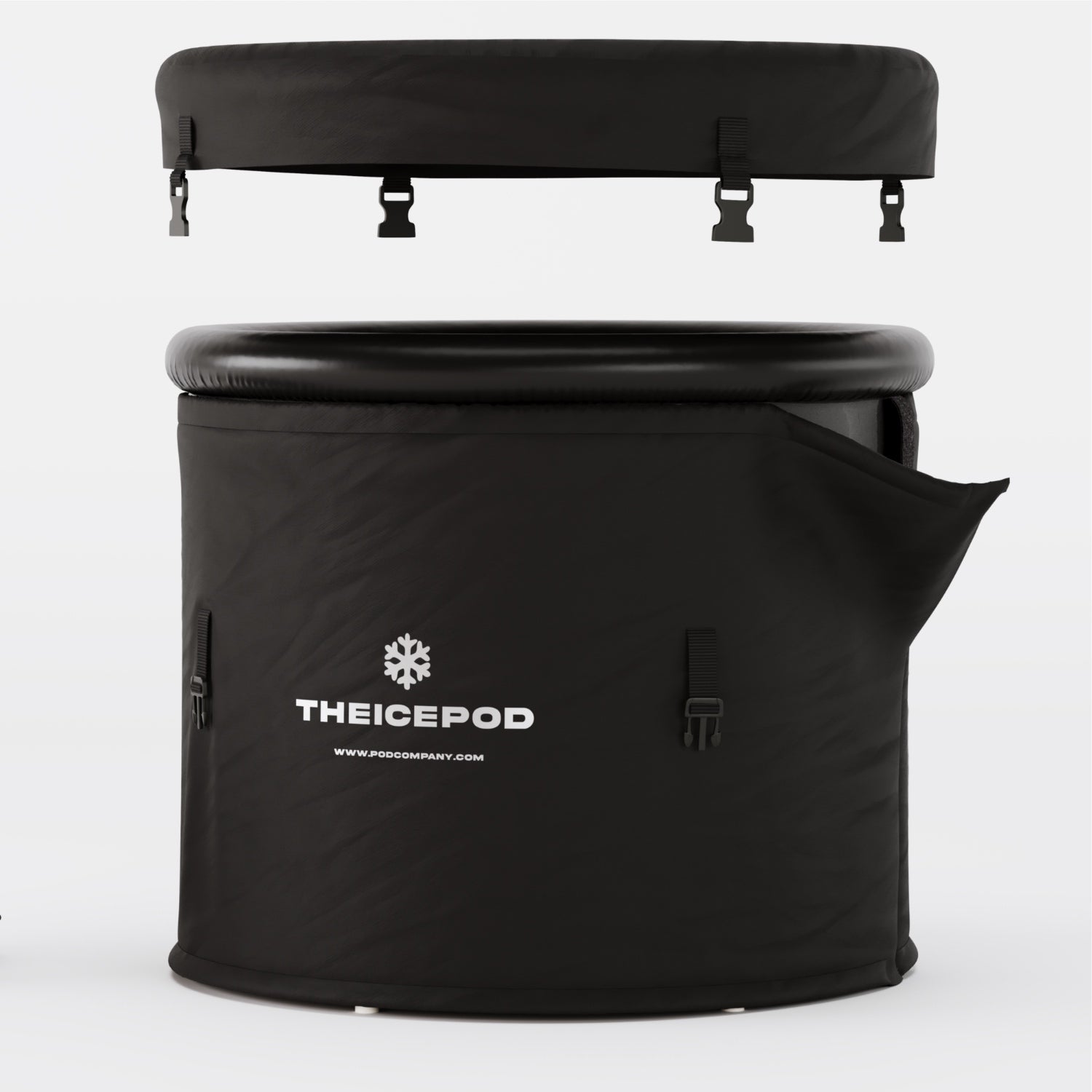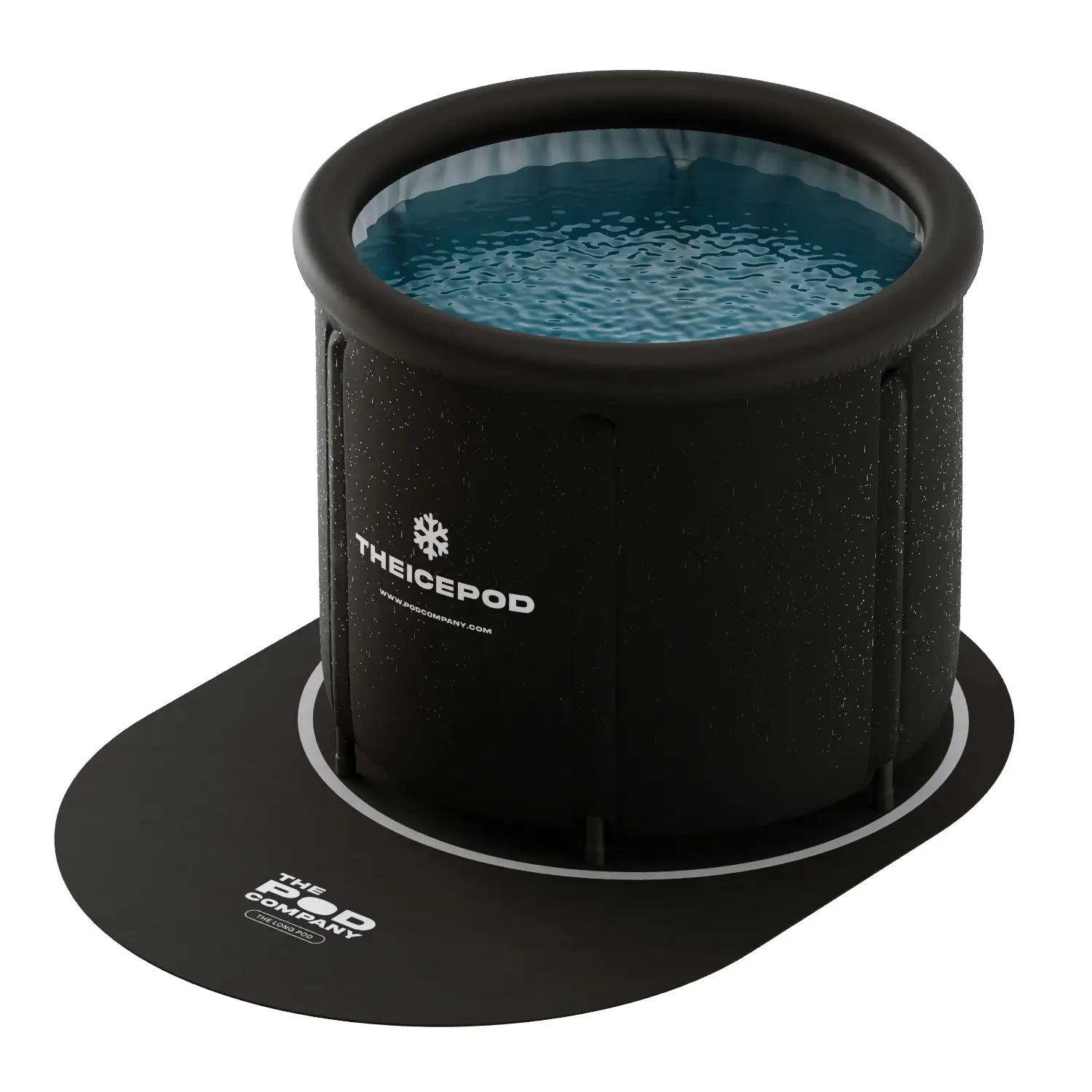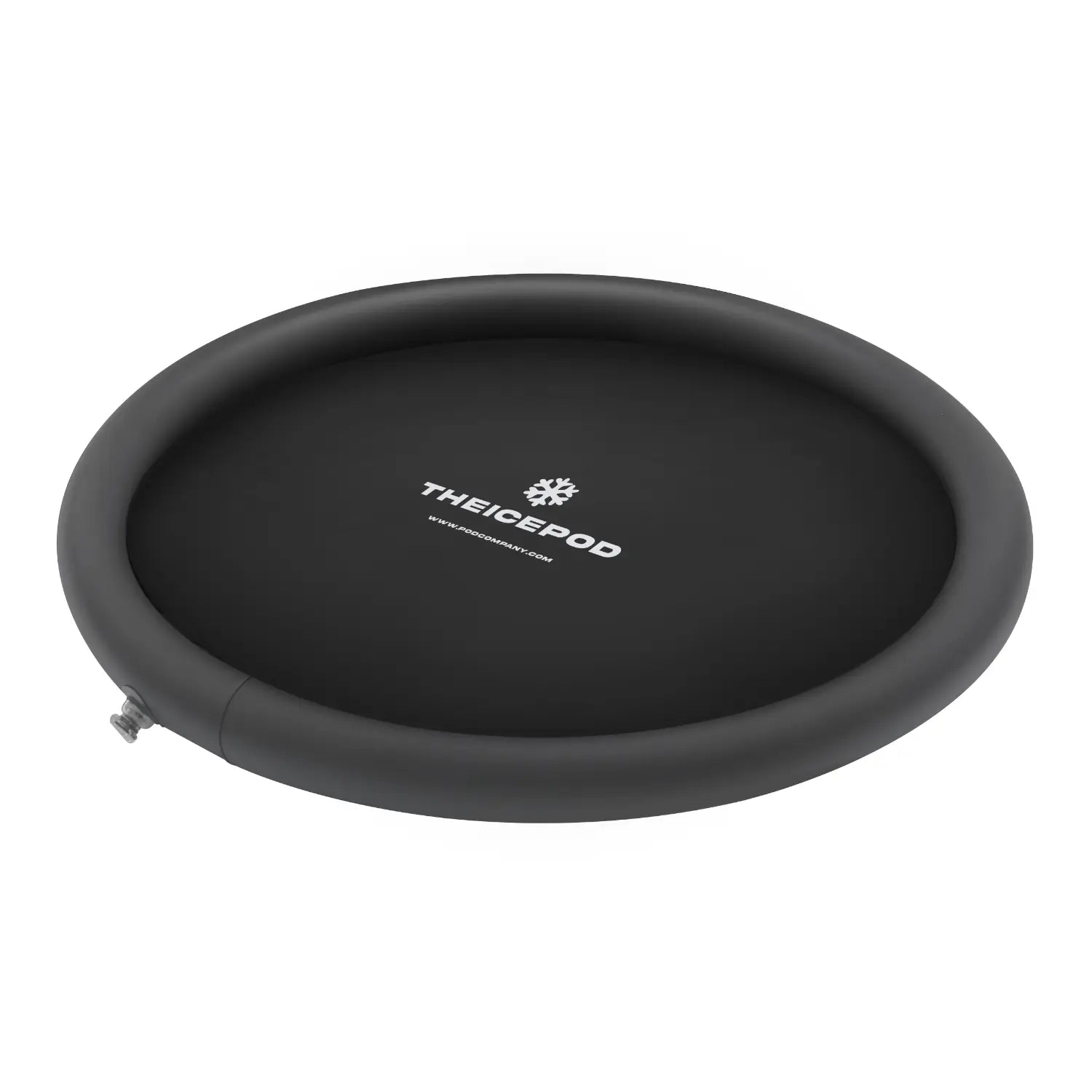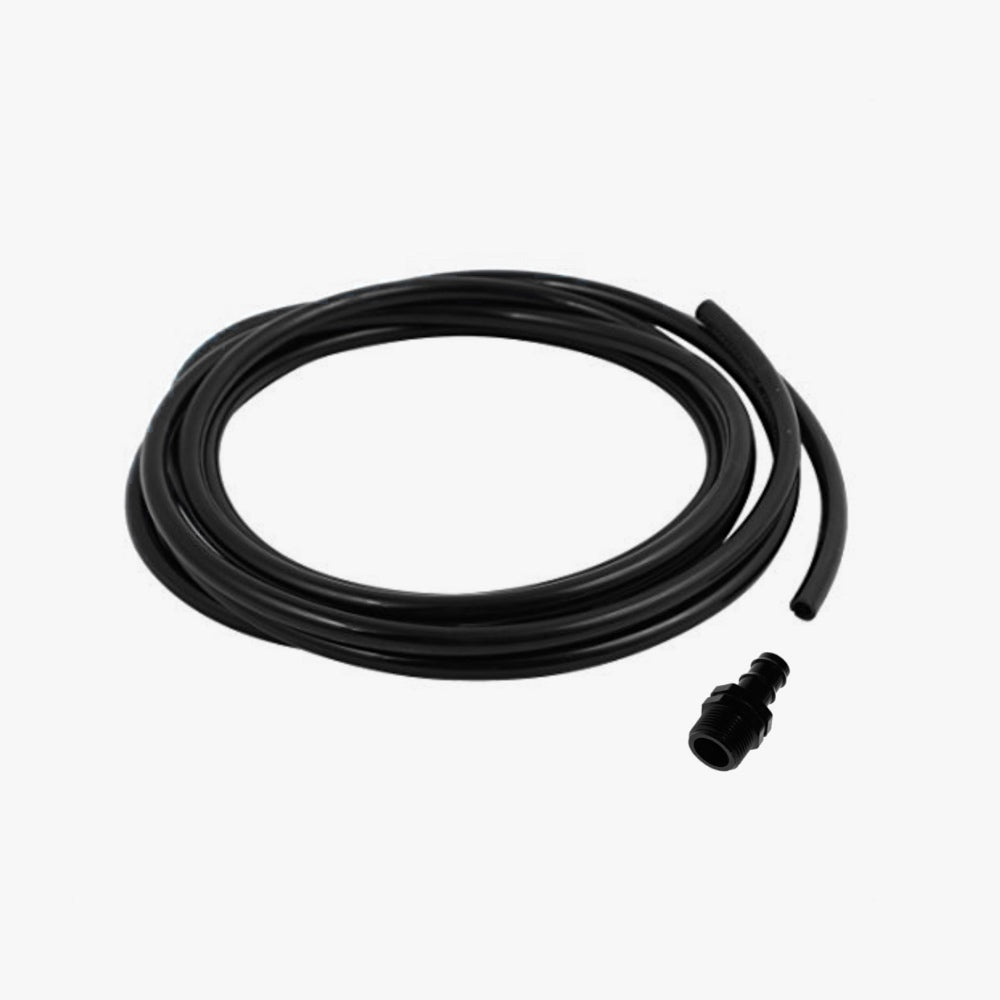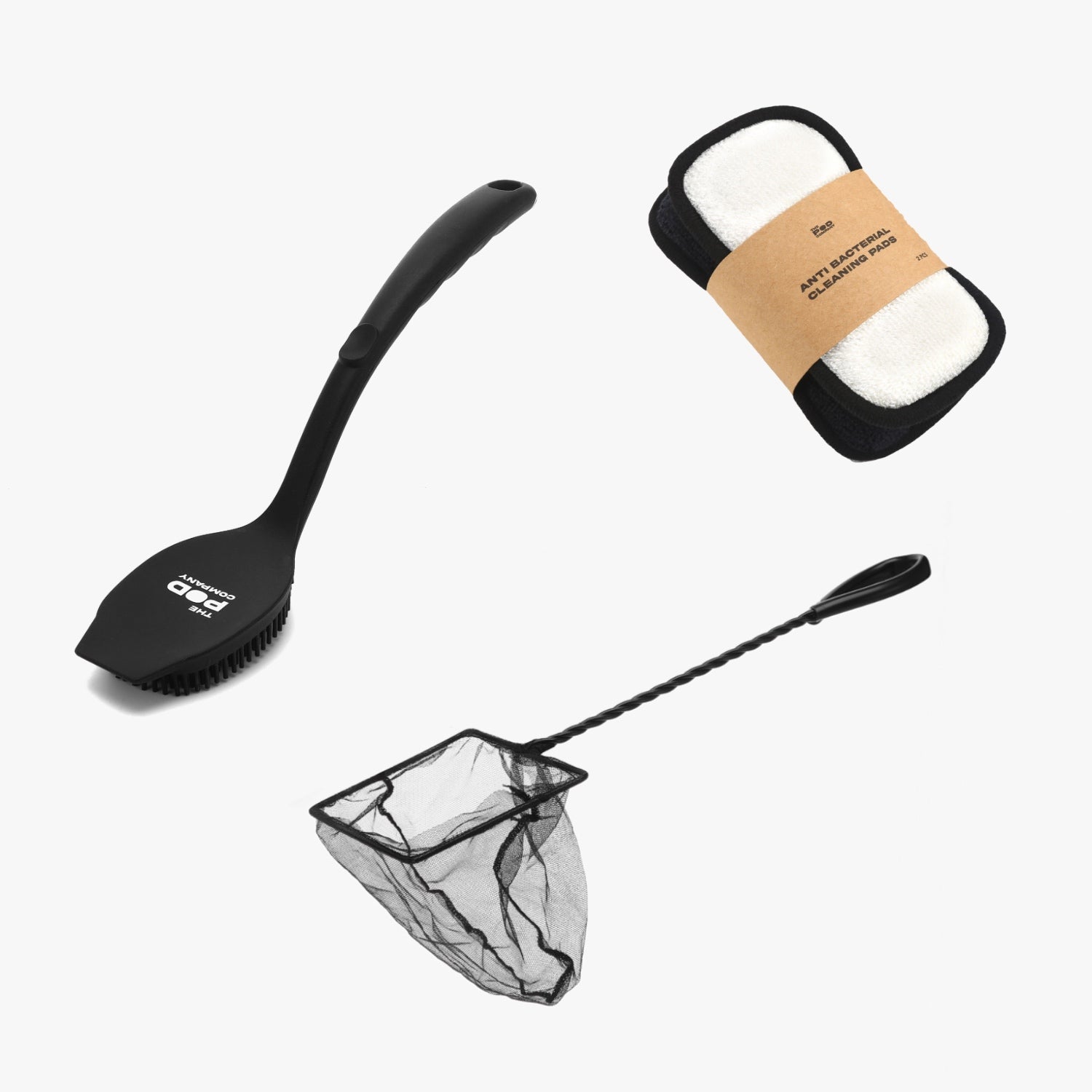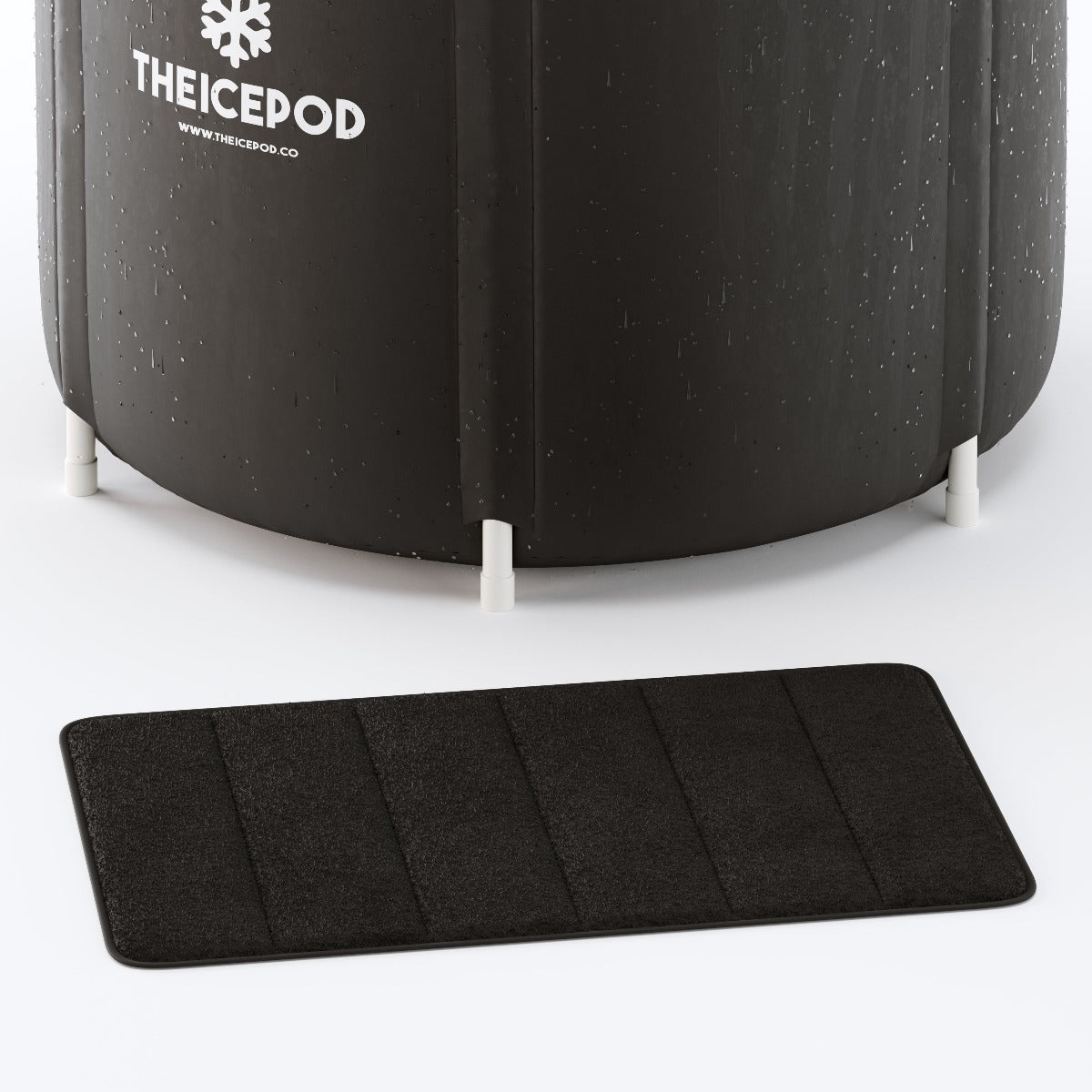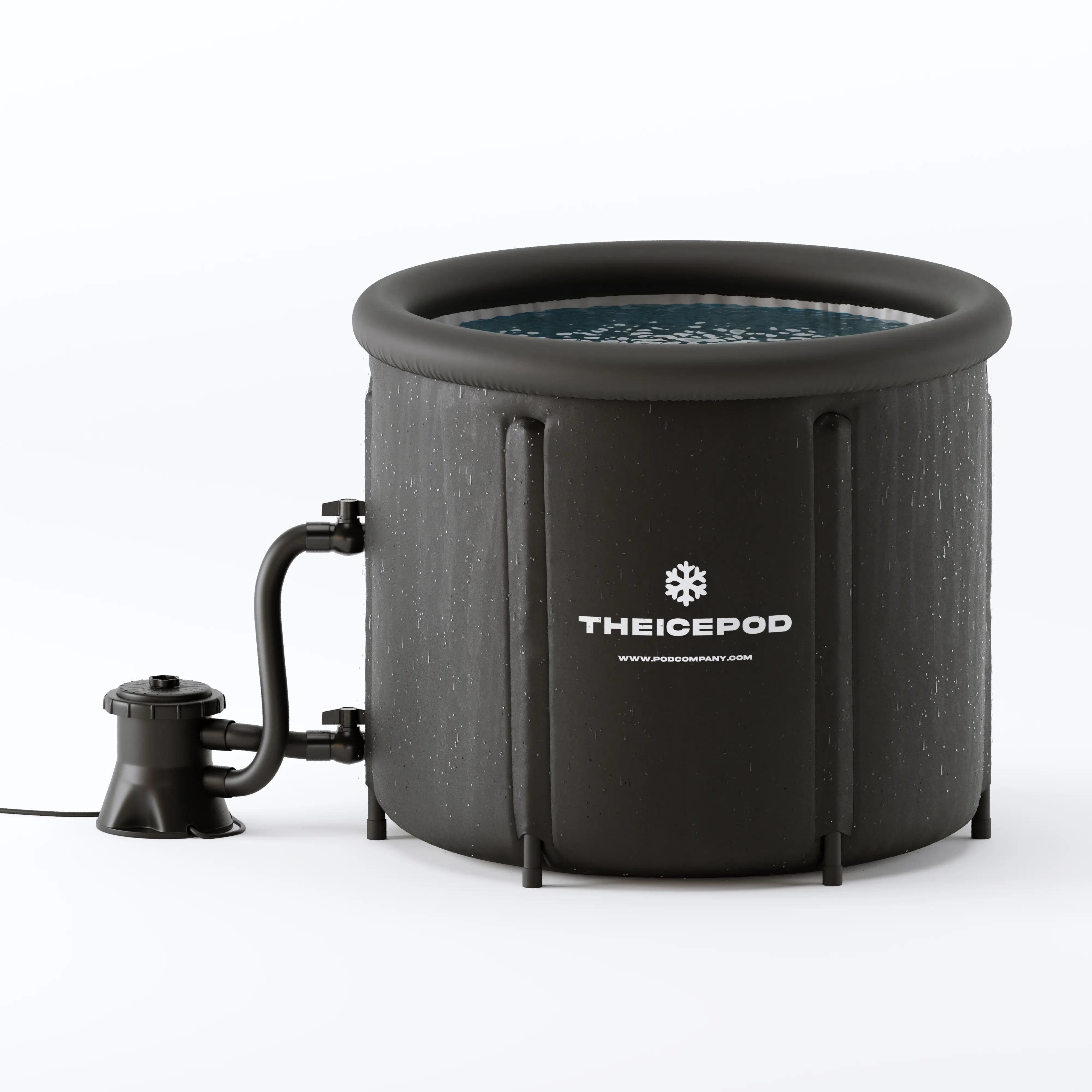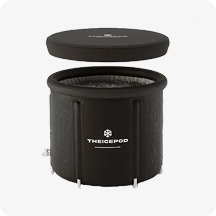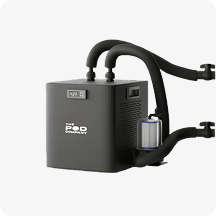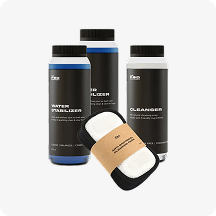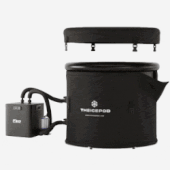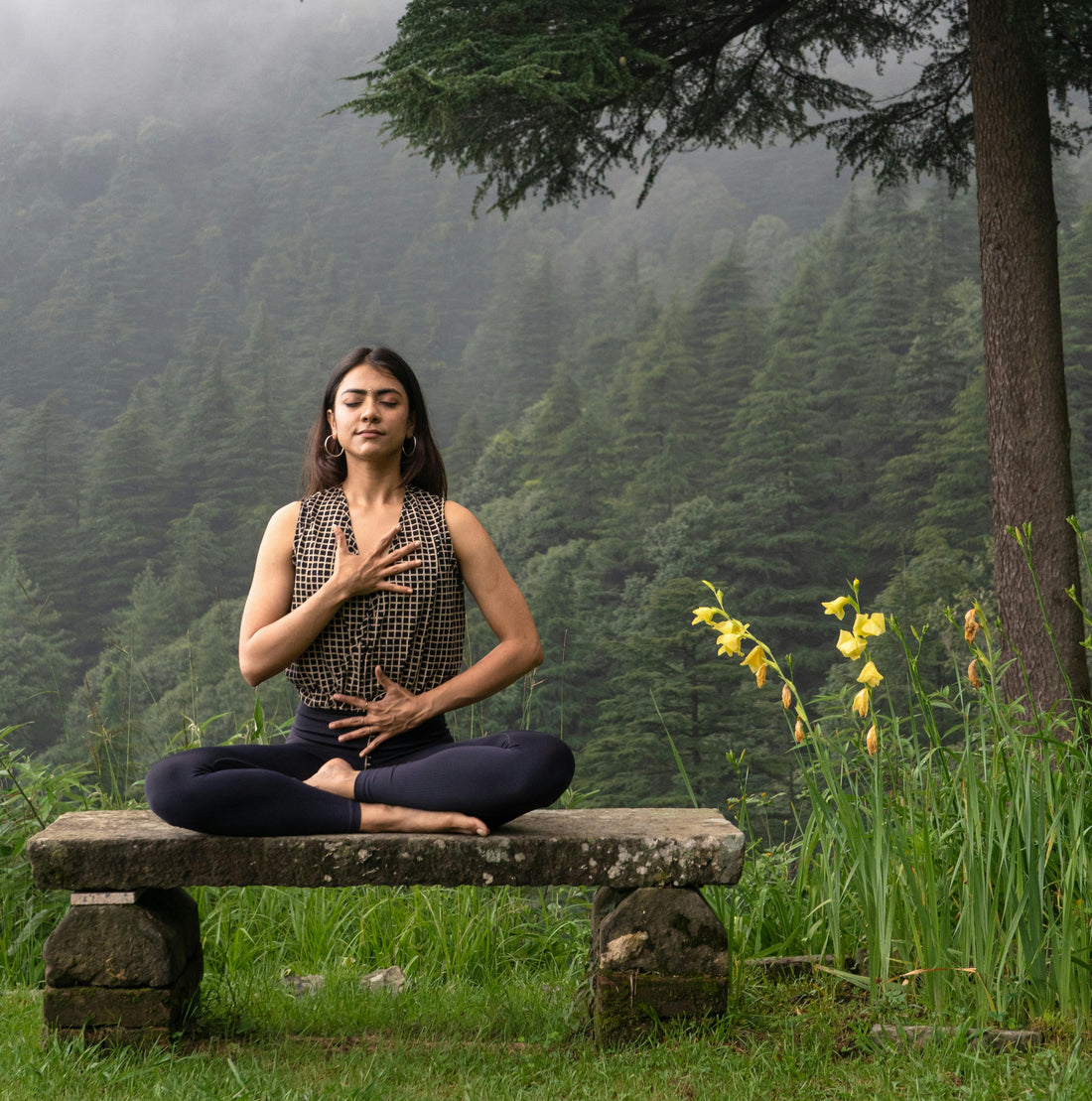Holistic Health Practices
Holistic health practices focus on treating the body, mind, and spirit as interconnected parts of a whole. These practices aim to improve overall well-being by addressing all aspects of a person’s lifestyle, from diet and exercise to stress management and mental health. This article explores various holistic health practices and how they can benefit you, along with practical tips on incorporating them into your daily routine.
What is Holistic Health?
Holistic health is an approach to wellness that considers the entire individual—body, mind, and spirit—instead of just treating specific symptoms or conditions. This perspective emphasizes prevention, balance, and natural healing techniques, aiming to achieve optimal health by creating harmony within all aspects of life.
Why Practice Holistic Health?
Holistic health practices promote:
- Physical Health: By addressing diet, exercise, and lifestyle choices, holistic health supports physical wellness and reduces the risk of chronic diseases.
- Mental and Emotional Well-being: Practices like mindfulness, meditation, and emotional awareness contribute to mental clarity and emotional stability.
- Spiritual Fulfillment: Holistic health encourages a deeper connection with oneself and, for some, with a higher purpose or spirituality.
Holistic Health Practices
Incorporating holistic health practices can significantly enhance your quality of life, providing you with tools to better manage stress, improve physical health, and create a balanced lifestyle. Here are some key holistic practices to consider.
1. Mindful Nutrition
Nutrition is a core component of holistic health, as the food you consume affects both physical and mental well-being. A balanced, nutrient-rich diet supports energy levels, immunity, and mental clarity.
- Whole Foods: Focus on eating whole foods, including fruits, vegetables, lean proteins, whole grains, and healthy fats.
- Organic Choices: Opt for organic options when possible to reduce exposure to pesticides and artificial additives.
- Mindful Eating: Practice mindful eating by paying attention to your hunger cues, savoring each bite, and avoiding distractions like screens while eating.
2. Regular Physical Activity
Exercise is vital for maintaining physical and mental health. Regular movement supports cardiovascular health, reduces stress, and boosts mood through the release of endorphins.
- Variety in Exercise: Incorporate a mix of cardio, strength training, and flexibility exercises to engage different muscle groups and prevent burnout.
- Yoga and Tai Chi: These mind-body exercises enhance flexibility, strength, and mental calm, aligning with holistic health principles by integrating physical and mental well-being.
- Cold Therapy Post-Exercise: Using cold therapy, such as The Pod Company’s Ice Pods, can reduce inflammation, soothe sore muscles, and speed up recovery after exercise, helping you maintain an active lifestyle.
3. Mindfulness and Meditation
Mindfulness and meditation are essential practices in holistic health, helping you cultivate inner peace, manage stress, and improve focus.
- Daily Meditation Practice: Start with just 5-10 minutes of meditation each morning to set a positive tone for the day.
- Mindful Breathing: Practice mindful breathing exercises to calm the mind and enhance self-awareness throughout the day.
- Body Scan Meditation: Use body scan meditation to increase awareness of physical sensations, releasing any tension you might hold.
4. Emotional Awareness and Stress Management
Holistic health emphasizes mental and emotional balance. Emotional awareness and stress management techniques can improve resilience, helping you face life’s challenges with clarity.
- Journaling: Regular journaling allows you to express your emotions, clear your mind, and process any difficult experiences.
- Breathing Exercises: Practicing deep breathing can reduce stress by activating the body’s relaxation response, helping you feel calm and centered.
- Social Connections: Building and maintaining positive relationships is vital for emotional health. Spend quality time with loved ones and engage in activities that bring joy.
5. Herbal and Natural Remedies
Natural remedies can complement holistic health practices by addressing symptoms without relying on synthetic medications.
- Herbal Teas: Chamomile, peppermint, and ginger teas are known for their soothing effects and can aid in digestion, relaxation, and stress relief.
- Essential Oils: Aromatherapy with essential oils like lavender, eucalyptus, or peppermint can promote relaxation and elevate mood.
- Supplements: Consider supplements like vitamin D, magnesium, or omega-3 fatty acids, but consult a healthcare professional before adding them to your routine.
6. Cold Therapy for Holistic Health
Cold therapy can be an effective addition to holistic health practices, promoting both physical and mental well-being. Cold exposure helps reduce inflammation, improve circulation, and increase mental resilience.
- Ice Baths: Using products like The Pod Company’s Ice Pods for cold therapy can relieve muscle soreness, reduce stress, and promote faster recovery after physical activities.
- Cold Showers: Cold showers are a simpler form of cold therapy that can help boost mood and energy levels, making them a great addition to your morning routine.
Common Barriers to Holistic Health and How to Overcome Them
- Lack of Time: Start small by incorporating one holistic practice at a time, such as a quick daily meditation or a short walk.
- Unrealistic Expectations: Holistic health is a journey, not a quick fix. Set achievable goals and be patient with yourself.
- Financial Limitations: Many holistic practices, such as mindful breathing or nature walks, are low-cost or free. Focus on these accessible practices to avoid financial strain.
Tips for Staying Consistent with Holistic Health Practices
- Set Intentions: Start each day with an intention that aligns with your health goals, whether it’s being mindful, eating well, or staying active.
- Create a Routine: Consistency is key. Set aside time each day for your holistic practices, even if it’s just a few minutes.
- Reflect and Adjust: Regularly reflect on what’s working and what needs adjustment. Holistic health is flexible, so adapt your practices to fit your evolving needs.
When to Seek Additional Support
While holistic practices can enhance well-being, they may not replace traditional medical treatments when needed. If you’re managing chronic conditions or facing persistent health issues, consult a healthcare provider for a comprehensive approach that integrates both holistic and medical solutions.
Conclusion
Holistic health practices offer a balanced approach to wellness by addressing physical, mental, and emotional needs. By incorporating mindful nutrition, regular exercise, emotional awareness, and relaxation techniques, you can create a more harmonious and fulfilling life.
Using tools like The Pod Company’s Ice Pods for cold therapy can further enhance your holistic health routine by promoting relaxation, reducing inflammation, and improving recovery after exercise. Remember, holistic health is about embracing the whole self and making consistent, intentional choices that support all aspects of your well-being.
With small, manageable steps, you can integrate holistic health practices into your life and experience the profound benefits of a balanced, healthy lifestyle.



